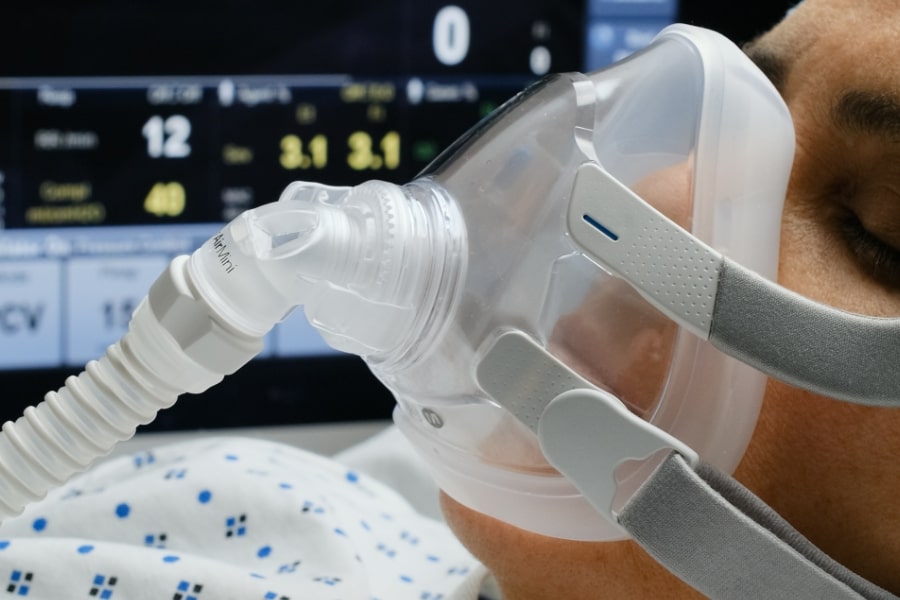Mumbai has become the first city in India to offer a dedicated clinic for living wills, thanks to a new initiative at Hinduja Hospital in Mahim. The clinic, which opened its doors last week, is designed to help people make clear decisions about their medical care in case they become seriously ill or unable to communicate in the future.
What is a Living Will?
A living will, also called an advance directive, allows a person to state in writing what kind of medical treatment they want or do not want if they are ever in a situation where they cannot speak for themselves. This includes decisions about being put on a ventilator, receiving CPR, or other life-support measures. The Supreme Court of India recognised the legality of living wills in 2018, but very few people know how to make one or understand its importance.
Dr Roop Gursahani, a senior neurologist, and Dr Smriti Khanna, a palliative care specialist, are leading the clinic. They say that many people are afraid of intensive care units (ICUs) because they do not know what to expect. The clinic aims to change this by explaining medical procedures in simple terms and helping people decide what is right for them. According to Dr Khanna, “Once people understand what a ventilator or central line is, they can make better choices for themselves and their families.”
The clinic is already seeing interest from different groups. Some young and healthy people want to ensure they are not kept alive in a vegetative state. Elderly people, especially those who have recently been hospitalised, are also coming forward. Patients with long-term illnesses who are already receiving palliative care are another important group seeking help.
The process at the clinic involves talking to doctors about personal wishes, drafting the living will, and then getting it notarised with two witnesses. The signed document is shared with the patient’s family, their doctors, and a government-appointed custodian. The Maharashtra government has now appointed over 400 custodians across the state, including two in Mumbai, to keep these documents safe. Work is also underway on an online portal to make the process even easier.
One recent case at the clinic involved an 80-year-old man with heart and lung problems. He wanted to live long enough to see his granddaughter’s wedding, so he agreed to short-term ventilator support if needed, but did not want CPR if his heart stopped. His family and doctors now have a clear record of his wishes.
The living will clinic at Hinduja Hospital is expected to inspire other hospitals in India to start similar services. By making the process simple and accessible, the clinic is helping more people take control of their medical care and ensure their wishes are respected, even when they cannot speak for themselves. This new service is a big step forward for patient rights and end-of-life care in the country.


